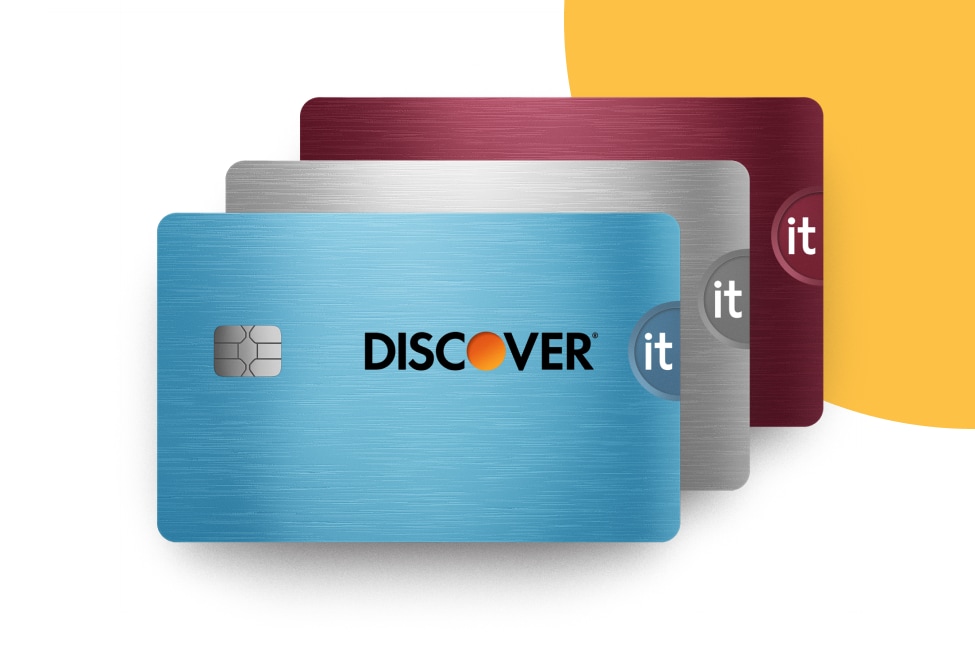
Mounting bills and debt can be tough to manage without a strategy to help you balance your finances. Budgeting and cutting back on leisure expenses could help you chip away at paying off debt faster. And financial tools like balance transfers can support your progress. But who qualifies for a balance transfer card? Let’s look at what a balance transfer is and what kind of credit score you need to qualify.







